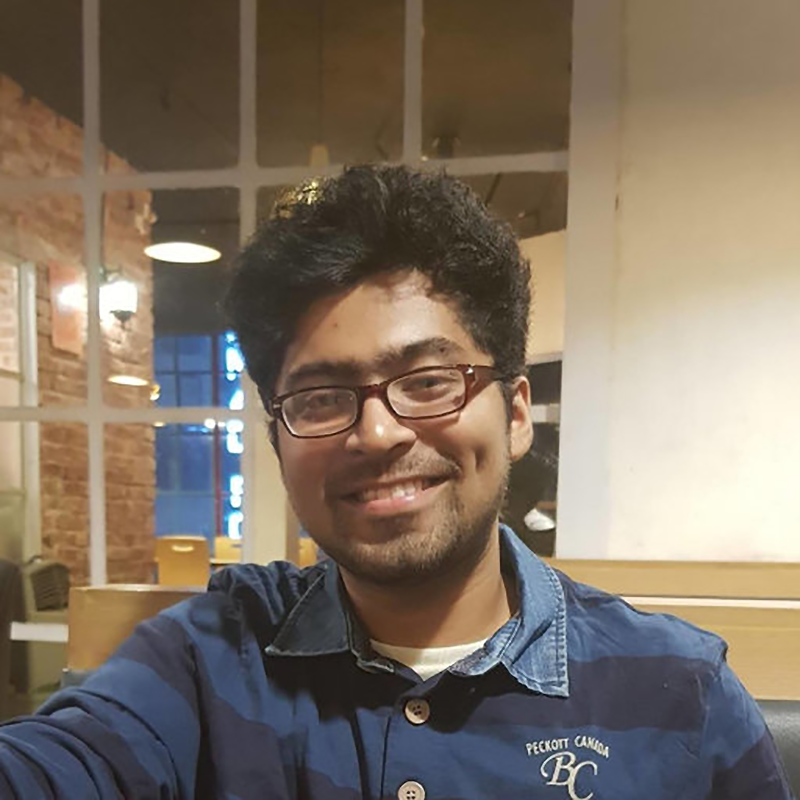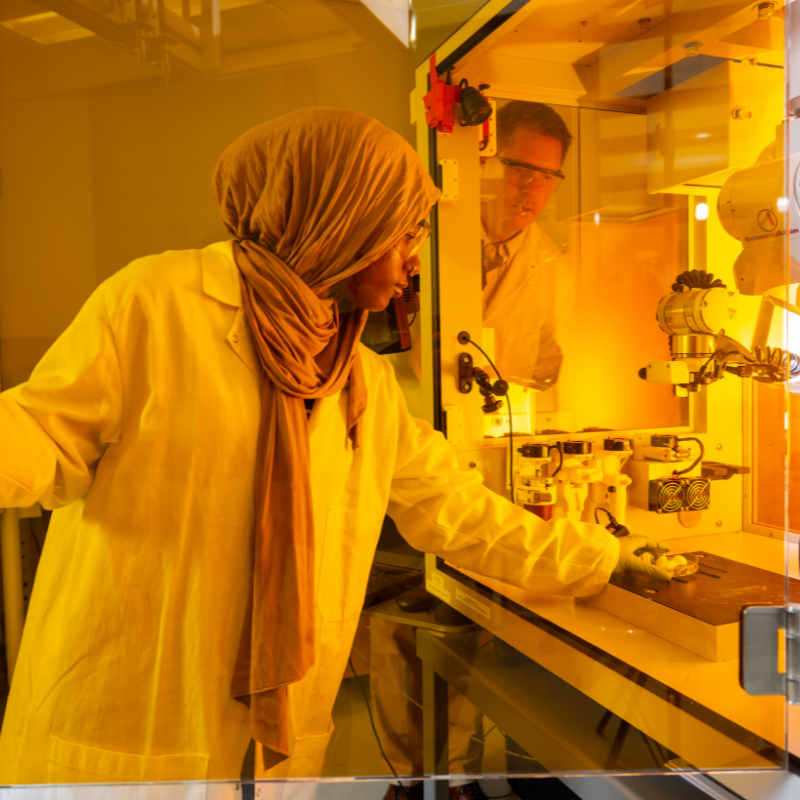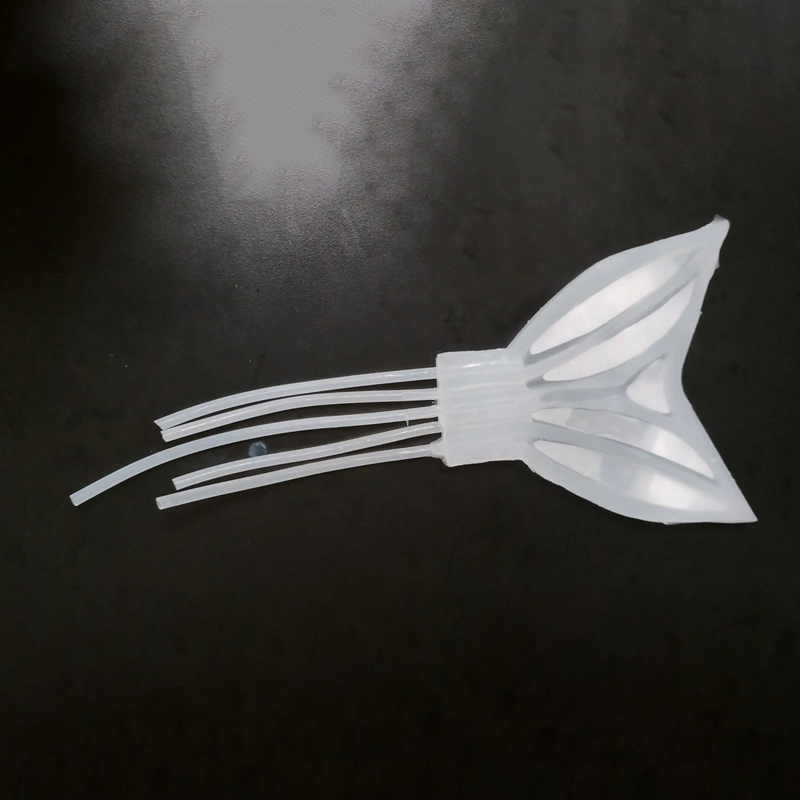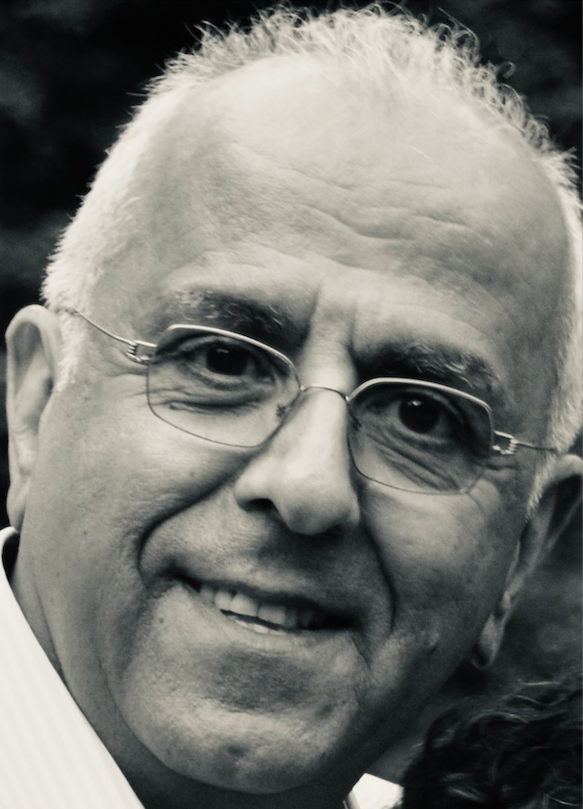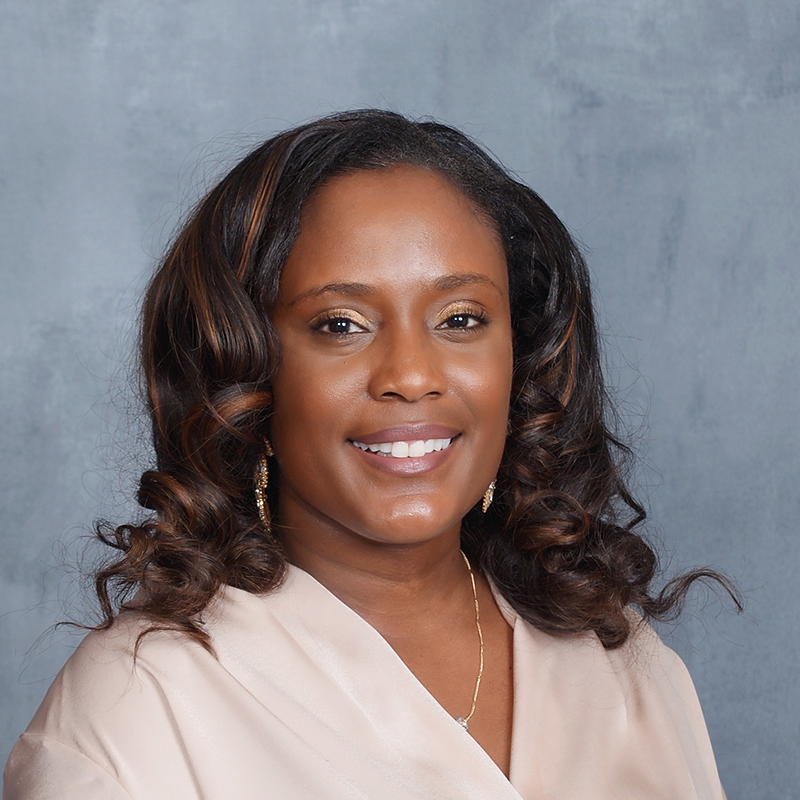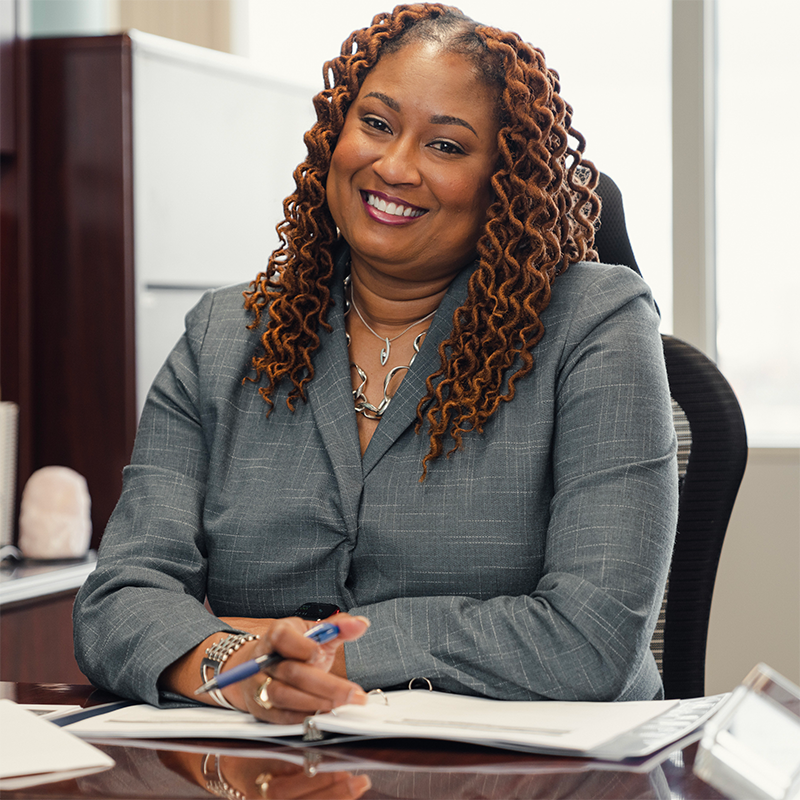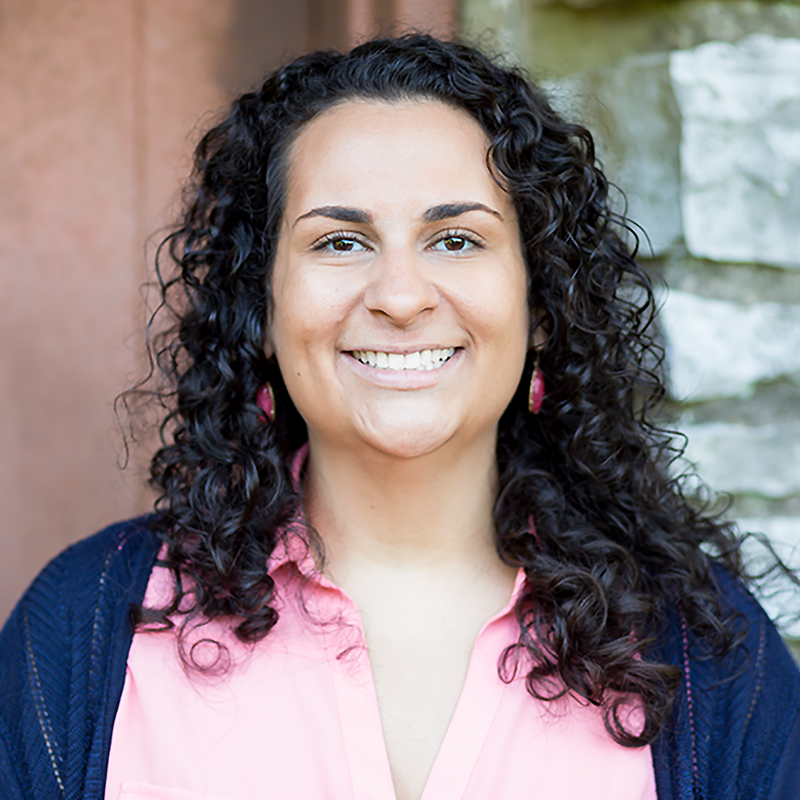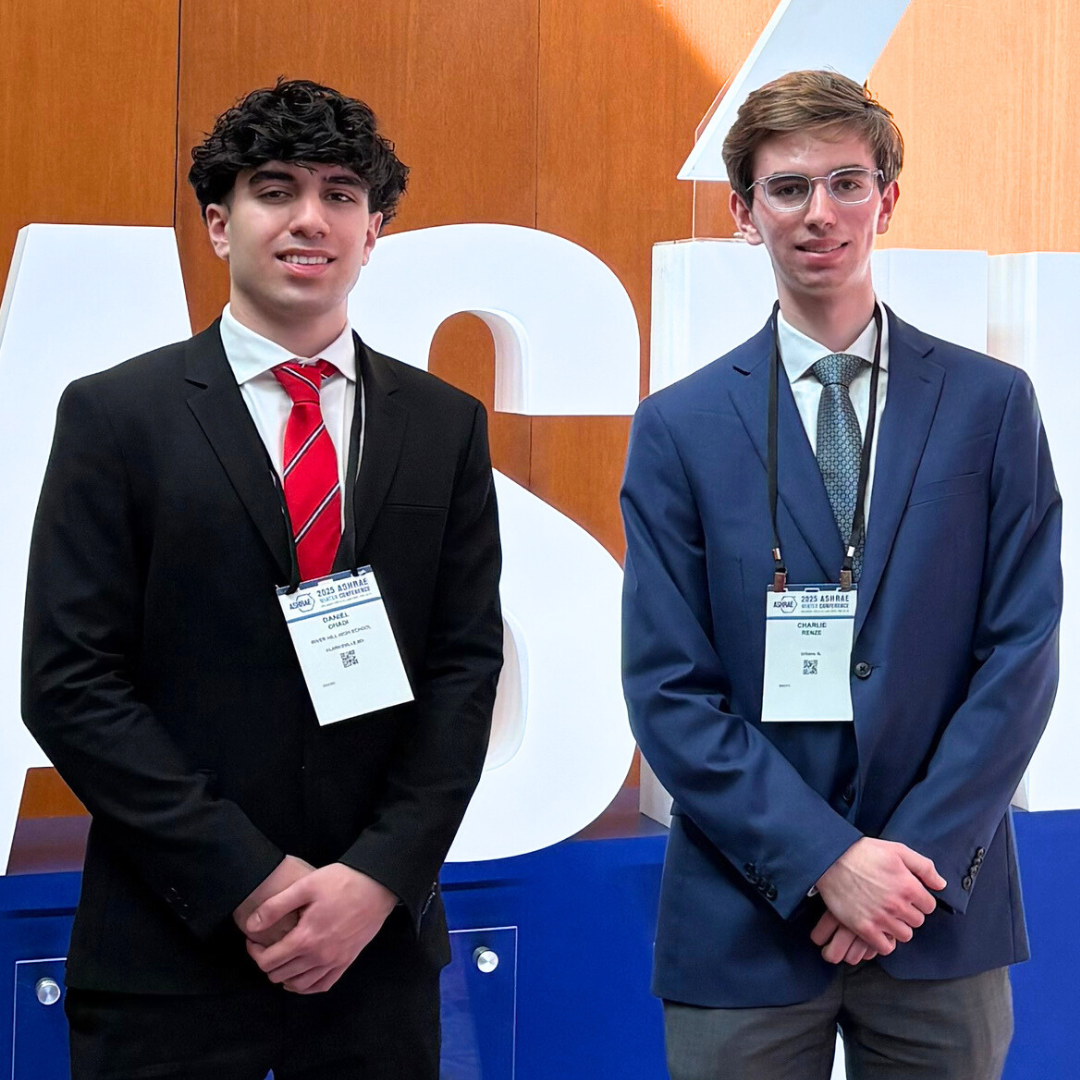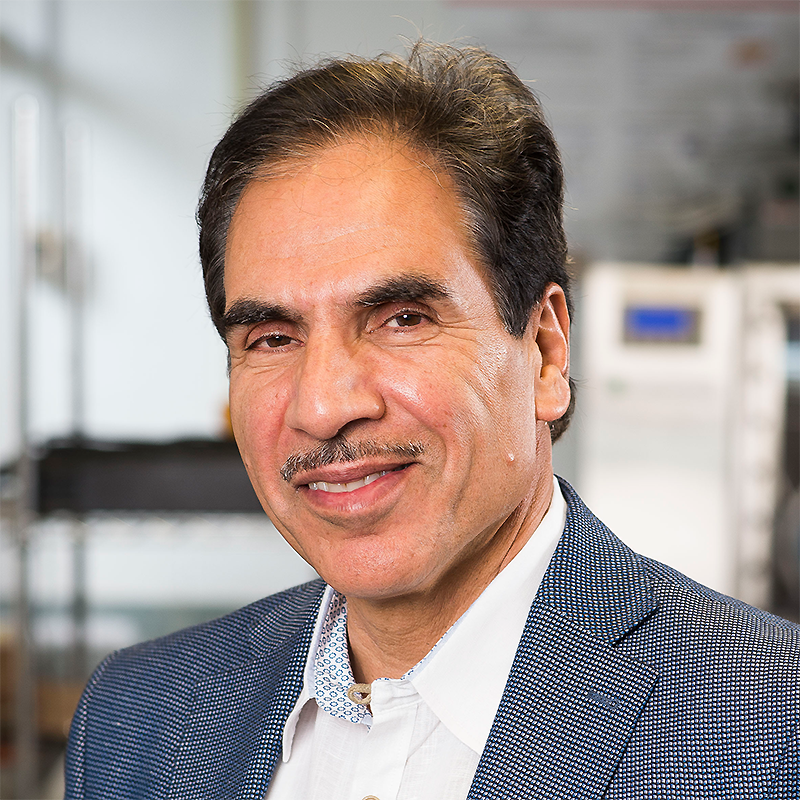News Story
Netcentricity for Visionaries
This article first appeared in the April 18, 2002 issue of The Daily Record, Baltimore, Md.by Bob Keaveney; Daily Record Business Writer
Aiming to extend its legacy as a key player in the development of the Internet, the University of Maryland next week will host its second conference on "netcentricity," an event described not as a vendor show but as a gathering of high-level thinkers, visionaries and Internet legends.
Speakers for the two-day show, beginning Monday at the Adelphi campus of the University of Maryland University College, include David Farber, the inventor of the computer mouse among other innovations, and Robert Kahn, who co-developed the common technical language known as the Internet Protocol.
Both men will discuss the implications of the Internet on society over the next several years, and suggest ways businesses and other organizations can take advantage. Farber will focus his remarks on how Sept. 11 will force changes in the nation's communications infrastructure.
Sandor Boyson, a professor at the Robert H. Smith School of Business, which is sponsoring the event, said the show, called New Frontiers in Netcentricity, is meant to spotlight the university as a place for technology research. Among the highlights: an expected announcement by Avaya Inc., the Basking Ridge, N.J.-based communications technology firm, that the company and the university will jointly develop a new product that bridges gaps between mobile and stationary computing devices.
Other examples of research and product partnerships between the university and businesses will be on display. But the event is not intended to sell anything to the 200 or so expected participants; rather, it's to offer perspective on the role technology will likely play in the future.
"What we care about is being able to provide a vision for what this interconnected netcentric looks like and what it's going to look like, and what it means and what it's going to mean," Boyson said. "The goal of vendors is to sell today. The role of universities is to think about tomorrow."
University officials will discuss how they revamped a failed state project to create an all-encompassing Web portal for accessing government services by making use of the technology platform for the Smith school's purposes. State officials will talk about the results of research, which is due to be unveiled today, describing Maryland's readiness for the digital future.
"The first one was more of an academic conference," said Donald Riley, [Affiliate Professor of Mechanical Engineering and] the university's chief information officer. "This is more of a hybrid" between the academic, government and private sectors.
Published April 18, 2002
